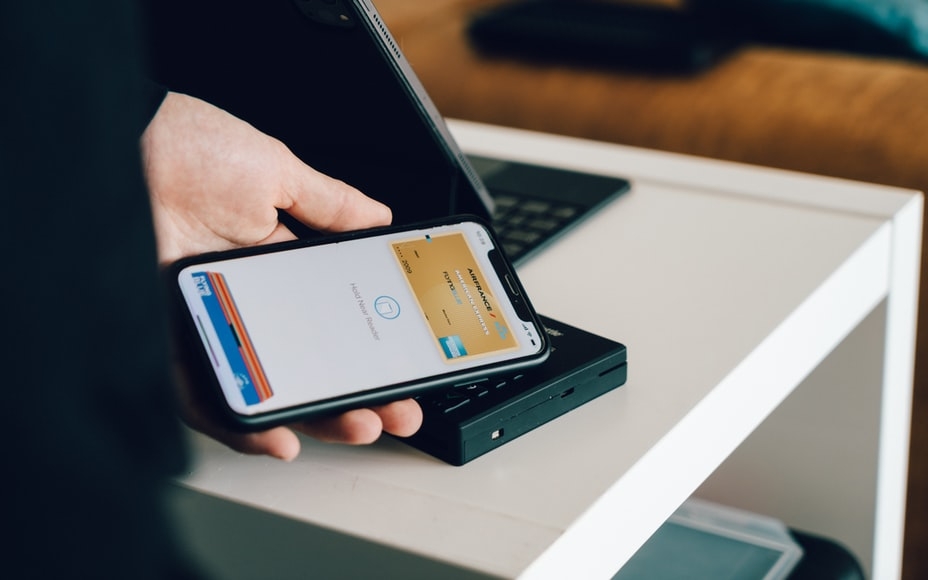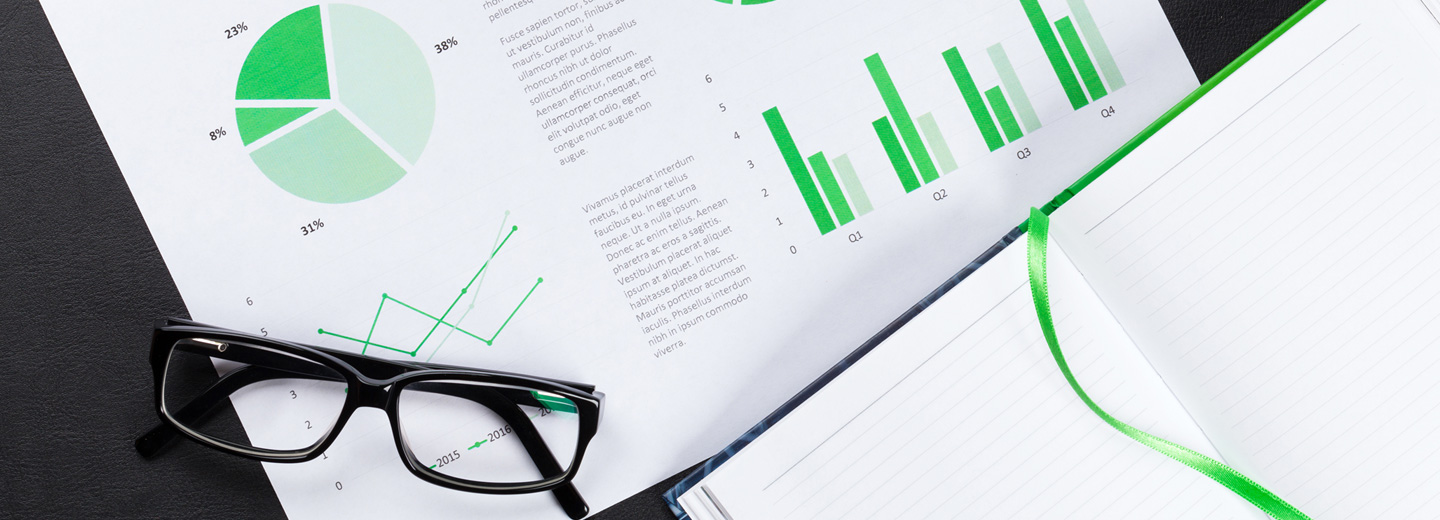Taxable Payments Annual Report (TPAR)
Updated at 2021-12-28 00:07:13
TPAR – What is Taxable Payments Annual Report
If you carry on a business which makes payments to contractors or subcontractors, you may need to submit a Taxable Payments Annual Report (TPAR) before 28 August of each year. The purpose of the taxable payment reporting system is to create a fair competitive environment – to prevent dishonest operators from gaining an unfair advantage over the majority of people. The information collected in the TPAR enables ATO to identify contractors who fail to meet their tax obligations.
Industries involved in TPAR
If your enterprise provides any of the following services, even if it is only part of the services you provide every year, you need to know about TPAR:
- Building and construction services – this category is very broad; It includes plumbing, architectural, electrical, plastering, carpentry, engineering, and a wide range of other activities
- Cleaning services – this includes internal and external cleaning of structures, vehicles, machinery and activity cleaning
- Express service or road freight service – this includes transporting goods or goods (such as parcels, packages, letters and food) by motor vehicle, bicycle or foot, road freight, truck rental with driver, and road vehicle traction service
- Information technology (IT) services – this includes writing, modifying, testing, or supporting software to meet customer needs, whether on-site or remotely over the Internet
- Security, investigation or surveillance services – including patrolling and guarding personnel, sites or property; Observe or observe an area and monitor the safety system; And investigations specifically related to security and surveillance, not just information collection
- Government entities.
Payment business do not need to report
There are some payments you don’t need to report on the TPAR. These include:
- Payments for materials only
- If the invoice is for materials only, you do not need to report payment.
- If you pay the contractor for materials and labor invoices and at other times only the same contractor for materials, it may be difficult to calculate the amount paid only for materials. In this case, you have the option to report all your payments to the contractor.
- Payments for incidental labour
- If the invoice you receive contains material and labor amounts, you can exclude labor amounts related to material supply.
- If the labor part is not important for the actual supply of materials, the labor payment is considered incidental.
- Unpaid invoices as of 30 June of each year: Report only payments made on or before 30 June of each year.
- PAYG withholding payment: Report Pay as You Go (PAYG) withholding payments in your pay as you go withholding tax annual report or through a one touch payroll instead of your TPAR. Examples include payments to:
- Employees
- Detention of workers employed under voluntary agreements
- Workers employed in employment or under employment arrangements. This includes labour employment companies that employ workers to provide services under labour employment arrangements.
- Foreign residents working in Australia. These payments are usually subject to pay as you go foreign resident withholding tax (If payments are not withheld by PAYG, you need to report them in the TPAR).
- Foreign residents working overseas.
- Payments within consolidation group: If you are in a consolidation or multi entry consolidation group for income tax purposes, you do not need to report the payments you make to other members of the same group.
- Payments for private and family services- You do not need to report if:
- For individuals who do not operate a business, you pay the contractor for services - for example, if you are an owner building or renovating your own house
- Businesses that pay contractors for services for private purposes - for example, cleaning their homes.
Reporting Requirements for TPAR Reports
The details you need to report about each contractor can usually be found in the invoices you should receive from them. This includes:
- Their Australian business number (ABN), if known
- Their names and addresses
- The total amount (including any GST) you paid them during the financial year.
- Is the supplier's statement provided
- Details of any grants paid to individuals or organizations with ABN, including date of grant payment and name of the grant or grant program.
Lodging your TPAR
- Electronic lodgement
Electronic lodgement is a fast and safe way to meet your reporting obligations. The built-in check helps you complete the report correctly. After submitting the TPAR, you will also receive online confirmation.
- Paper lodgement
The following TPAEs are not acceptable:
- copy of the form
- Scanned image of table
- Spreadsheet, or
- Word processing files (.pdf, .doc, .xls, .jpg, .tiff) Note: government entities cannot submit paper forms.
This article is for informational purposes only and does not form part of our advice. This article is based on Australian Taxation Office (ATO). Please contact our team if you need any assistance.
Claire Chang, 0497 131 419, claire.chang@changadvisory.com.au, wechat: clairechang26
Michelle Cui, 0433 539 870, michelle.cui@changadvisory.com.au, wechat: michellejc


Post in category
-
Super Contributions
Claire Chang Updated on 2022-07-22 12:13:26
-
养老基金供款
Claire Chang Updated on 2022-07-30 09:27:57
-
Self-managed Super Funds Auditing
Claire Chang Updated on 2022-07-20 06:18:24
-
自管养老基金相关审计
Claire Chang Updated on 2022-07-20 06:00:04
-
Queensland’s New Land Tax Approach for Interstate Investors
Claire Chang Updated on 2022-07-20 05:41:17



Claire Chang